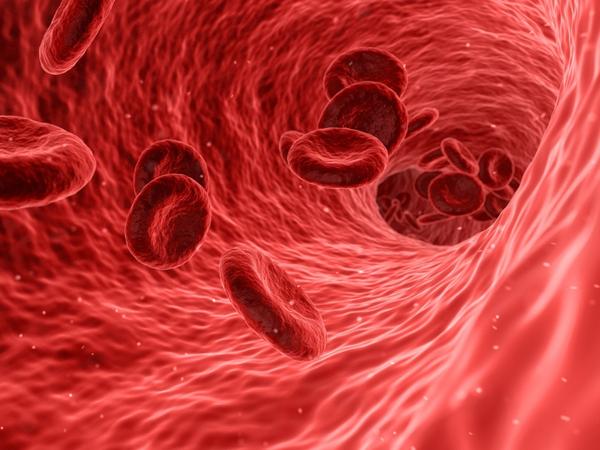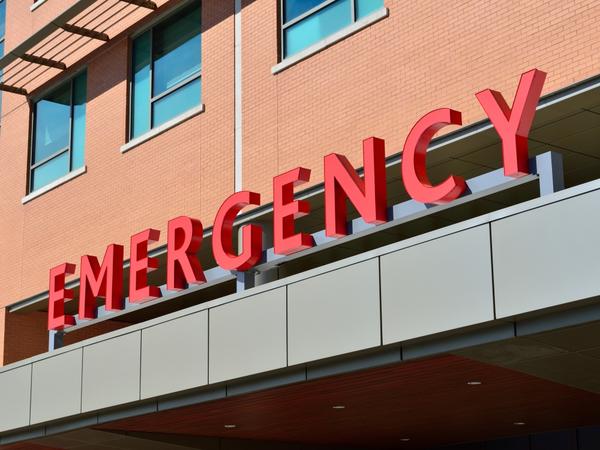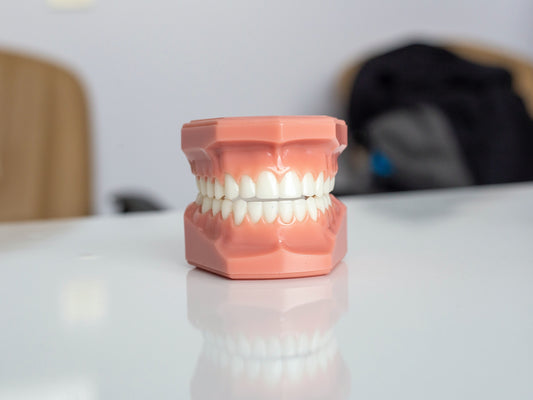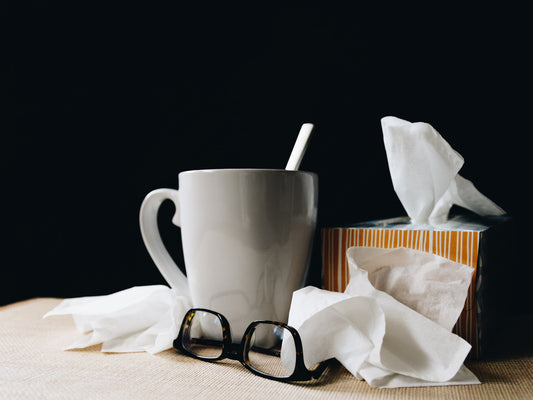Hydration Therapy for Migraines
Migraines are listed as the 6th most disabling disorder globally by the World Health Organization [1]. Despite this, we have relatively little understanding of how exactly this disease works, let alone how to treat it. Just as there are a range of migraine symptoms, there are a range of potential treatment options available—from drugs, to acupuncture, to hydration therapy.
What is a migraine?
The International Classification of Headache Disorders defines a migraine as a headache attack lasting 4-72 hours, characterized as a one-sided, pulsating pain of moderate to severe intensity. Migraines also encompass a range of other symptoms, such as sensitivity to light, movement, or sound, and nausea, and tiredness. Sufferers may also experience symptoms in the lead up to, and after, the headache [1].

Migraines are an inheritable condition. In addition to this, studies of the brains of migraine sufferers have shown that they differ from the general population [1]. However, it is unclear whether the differences in the brain cause migraines, or are caused by the migraines.
What causes migraines?
The exact cause of migraines remains unclear. However, many things both outside and inside the body are thought to be able to trigger a migraine attack. These triggers include hormonal changes, emotional triggers such as stress or depression, physical triggers such as poor sleep quality, dietary triggers, and environmental triggers such as bright lights. Certain types of medication may also trigger migraines in some people [2].
Can dehydration cause migraines?
It is generally accepted that maintaining a healthy lifestyle—which includes staying well hydrated —can help prevent migraine [3]. But why?
In our recent article on the link between dehydration and headaches we discussed the theory that dehydration may concentrate the blood, and this could be linked to headaches. The high concentration of sodium and other dissolved substances could have an effect on the flow of blood through the brain, leading to pain in the head. There is evidence that blood vessels in the brain have a role to play in migraines: stimulating nerves particularly around these blood vessels can produce headaches in patients [1].

One long-held theory is that blood vessels widening in the brain (vasodilation) could cause migraines – and this could seem to fit with a model where dehydration affects how blood flows through the vessels in your brain. However, the hypothesis surrounding vasodilation has been overturned in human studies in which scientists were unable to find a relationship between changes in vasodilation and whether or not someone experiences migraine symptoms [1]. Therefore, the theory that dehydration may cause migraines by altering blood flow in the brain is still just that – a theory.
So, what exactly is the evidence connecting migraines and headaches?
One study found that dehydration enhanced pain responses, and when subjects were rehydrated with an oral rehydration solution, their response to painful stimuli decreased again. This suggests that dehydration could make a headache feel worse. However, this study was done on only 5 adult men, so should be treated with some caution due to the low sample size [4].
Another often cited study found that 34 out of 95 migraine sufferers knew that dehydration could provoke headaches. However, this study only involved asking patients if insufficient fluid intake could provoke a migraine attack [5]. So although this does provide evidence for dehydration as a potential migraine trigger, it is based on qualitative patient experience and didn’t actually measure if patients did in fact have lower hydration levels during their migraine attacks.
Migraine sufferers were also included in a study investigating the effect of increasing water intake on patients’ headaches. Although the study only included 18 participants, they did find that increasing fluid intake reduced headache duration and intensity. However, the extra water only led to a small decrease in the frequency of headache episodes [6]. This evidence is promising for a link between hydration and migraine severity but was only a pilot study and called for larger scale research.
Hydration therapy as a treatment for migraines?
Approximately 40% of patients visiting US hospitals for acute migraine attacks receive hydration via intravenous (in vein) fluids as part of their treatment [7]. As previously discussed, the evidence for dehydration as a trigger for migraine is shaky, so why is an invasive rehydration procedure part of treatment?

Patients coming into the emergency room with migraines have often experienced vomiting beforehand, and thus may benefit from rehydration to readdress the fluids lost during this. In addition, rehydration may help alleviate the side effects that can accompany some drugs given to patients with migraines [8]. In fact, many studies looking at the effectiveness of migraine drugs require giving intravenous fluids as part of the treatment protocol. However, all those studies are for drugs which are also given intravenously, so it is not clear why the fluids alone might carry a benefit.
For such a common procedure, you might think there is strong evidence for its benefit. However, this does not seem to be the case for hydration via intravenous fluids during migraine attacks.
In 2014, a scientific paper was published that tried to look back over 4 clinical trials for the effect of intravenous fluids as a migraine treatment in the emergency room. Data from a total of 570 patients showed that treatment with intravenous fluids was not associated with sustained headache freedom [9]. Other studies since, have agreed with this paper. A scientific study in 2017 looking at 1,251 sample cases found that delivering intravenous fluids did not reduce time spent in the emergency department for migraine sufferers [10]. Similarly in 2019, another small study on 49 patients found that there was no statistically significant improvement in pain scores when given intravenous fluids [7].
So can hydration cure my migraine?
There is some limited evidence that dehydration could be a trigger of migraines and other evidence that good hydration could make migraines shorter and less painful. However, the scientific support for treating migraines with IV rehydration is still lacking.
Therefore, if any advice can come out of the unsure scientific literature, it’s that, if you suffer from migraines, you’re probably better drinking a rehydration fluid rather than injecting it.
Staying hydrated is a safe way to hedge your headache bets. In fact, it never hurts to stay well hydrated. And now, it’s never been easier: Hydrant helps you recover from dehydration, fast and effectively.
Writer: Josie Elliott
Editor: Elizabeth Trelstad, www.hellobeaker.com



























